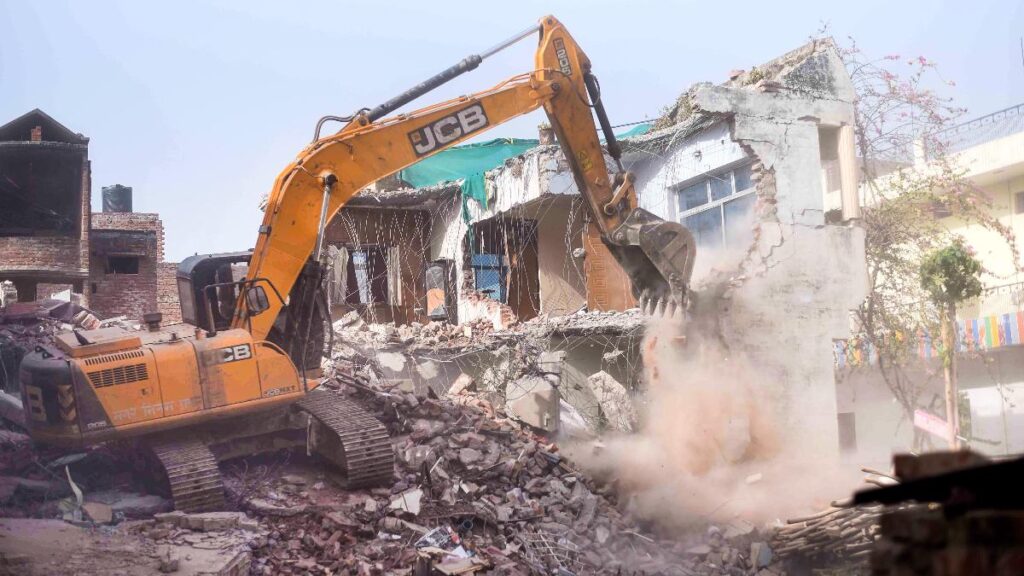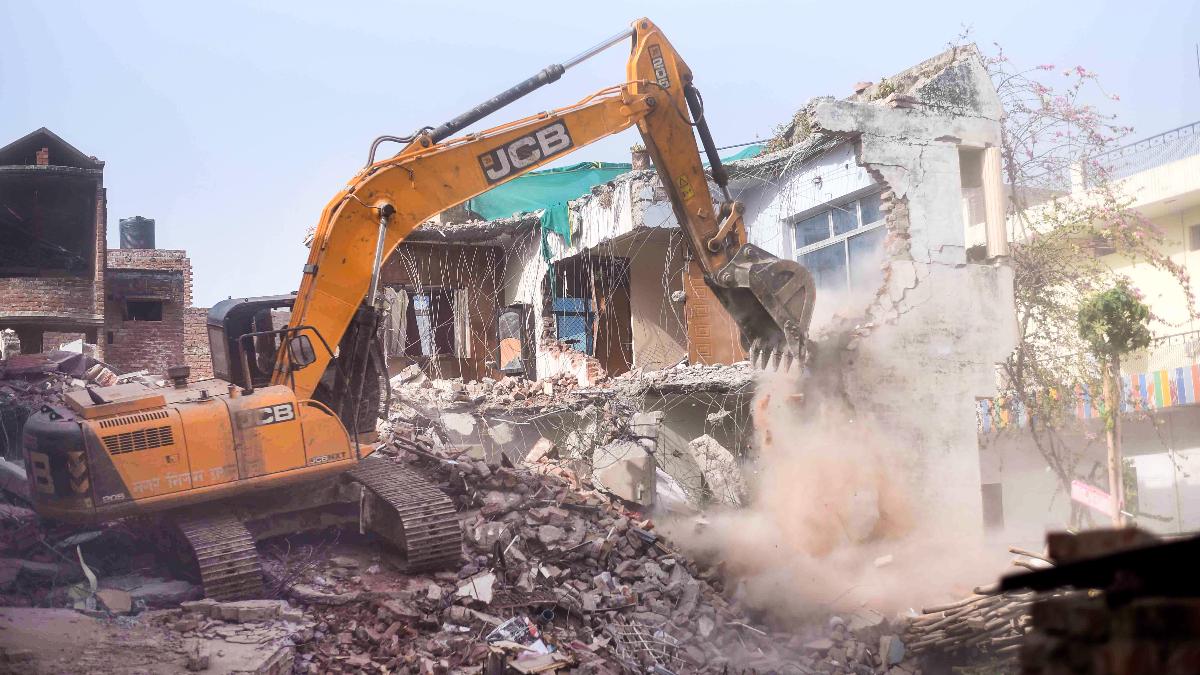
The Supreme Court of India issued a stern rebuke on Monday against the practice of “bulldozer justice,” asserting that properties cannot be demolished merely because their owners are accused of crimes. The court emphasized that demolition should not occur even if the person is ultimately convicted, clarifying that due process must be followed.
In its ruling, the court addressed several petitions challenging the practice of demolishing properties belonging to individuals accused of serious offenses. The bench, comprising Justices B R Gavai and K V Viswanathan, expressed concern over the frequent use of demolition as a punitive measure and called for the establishment of comprehensive guidelines to regulate such actions.
The Justices questioned the legality of demolishing homes based solely on the criminal status of the occupants. “Even if a person is convicted, their property cannot be demolished without adhering to the legal process,” Justice Gavai stated. The court clarified that while illegal structures obstructing public roads could be removed, the demolition of property based on accusations alone is not permissible.
Justice KV Viswanathan highlighted the absurdity of demolishing an entire property due to the actions of a single individual within it. “A father may have a problematic son, but that does not justify demolishing the family home,” he remarked. The court also suggested that demolition actions should only be considered after proper notice, an opportunity for the owner to respond, and a chance to seek legal remedies.
The Supreme Court plans to draft guidelines to address these concerns and ensure that future demolition actions are conducted in accordance with the law. The matter has been scheduled for further hearing on September 17.
Over recent years, there have been numerous instances where state governments have resorted to demolishing properties linked to individuals involved in criminal activities. The court’s intervention aims to curb the misuse of demolition powers and reinforce the importance of following due legal process.
Sources By Agencies


